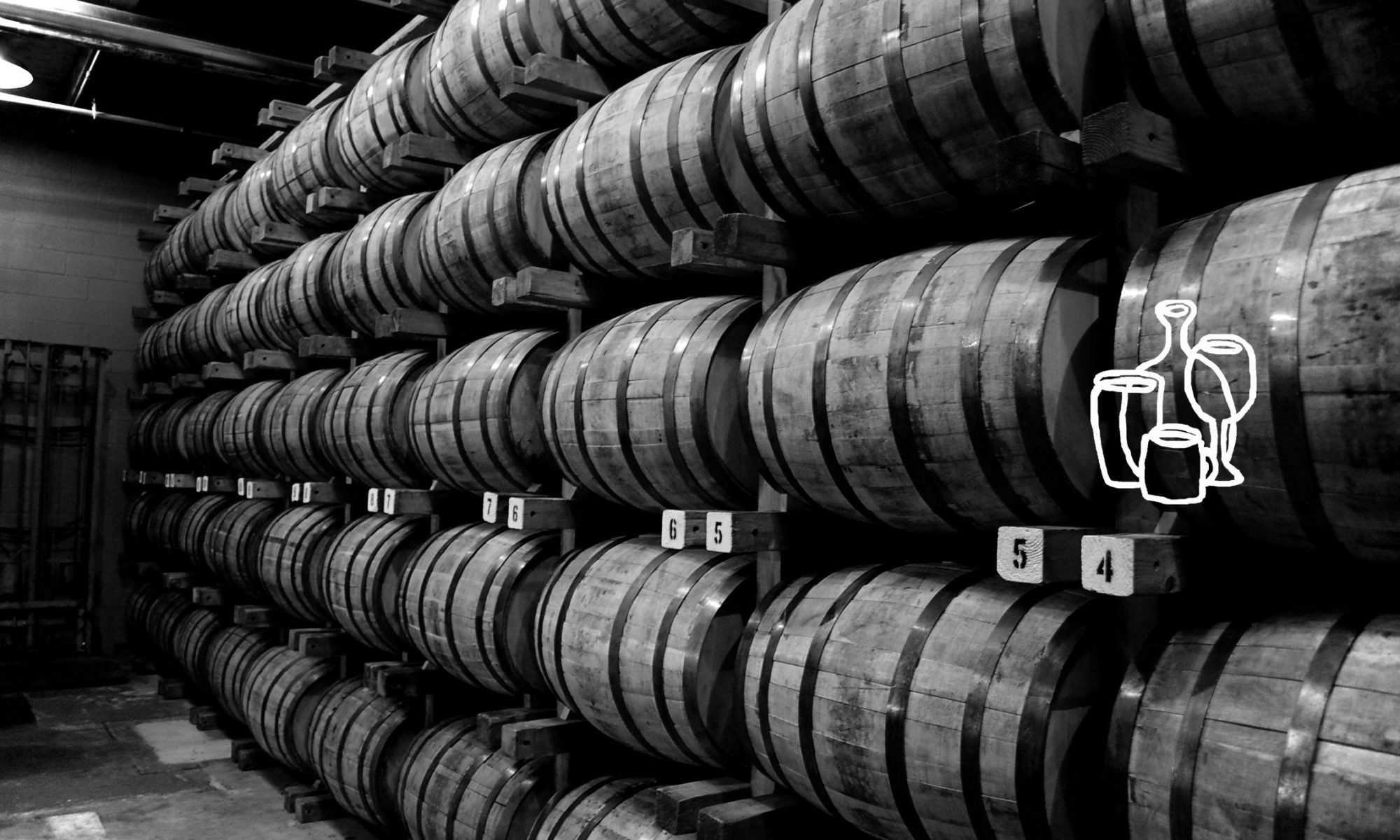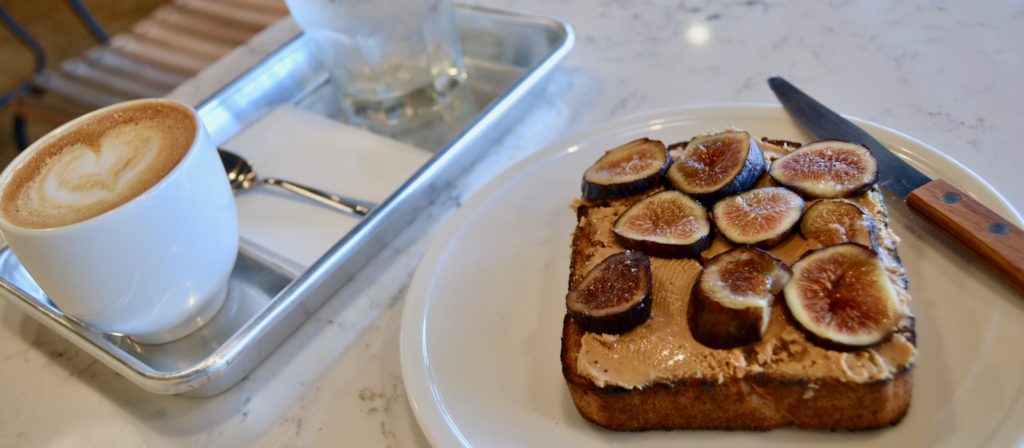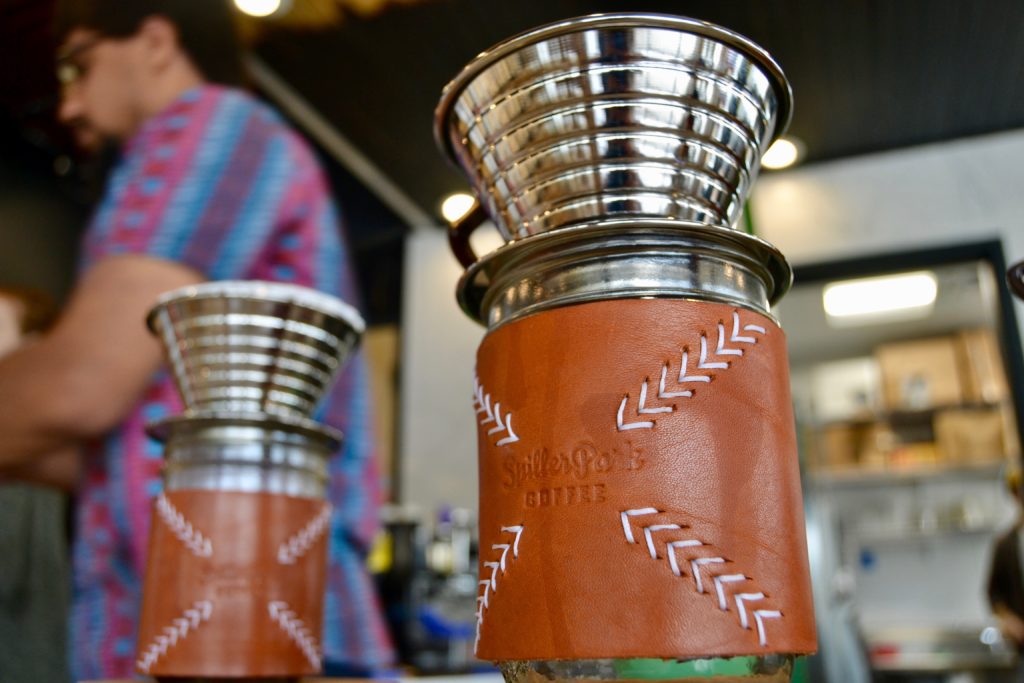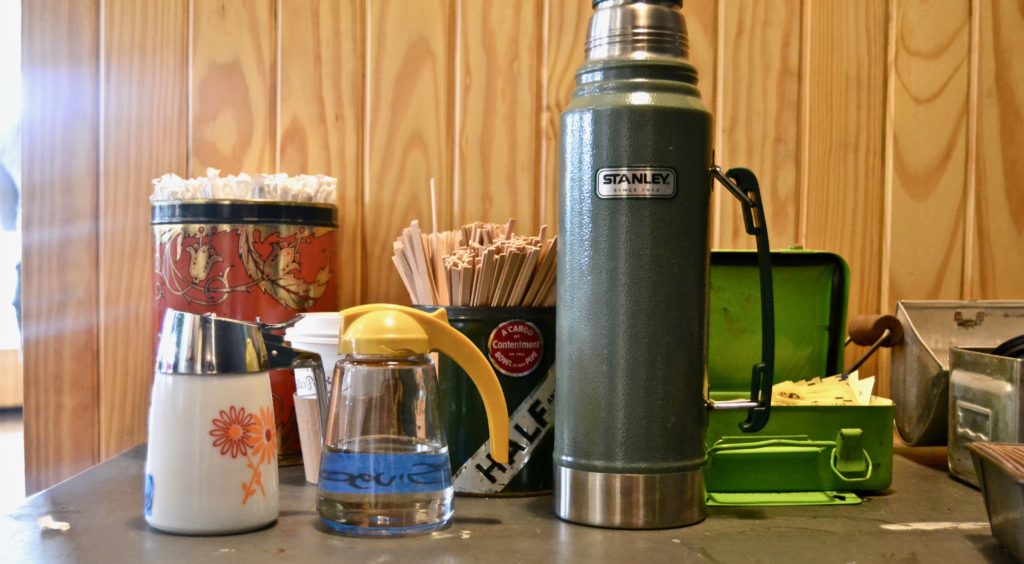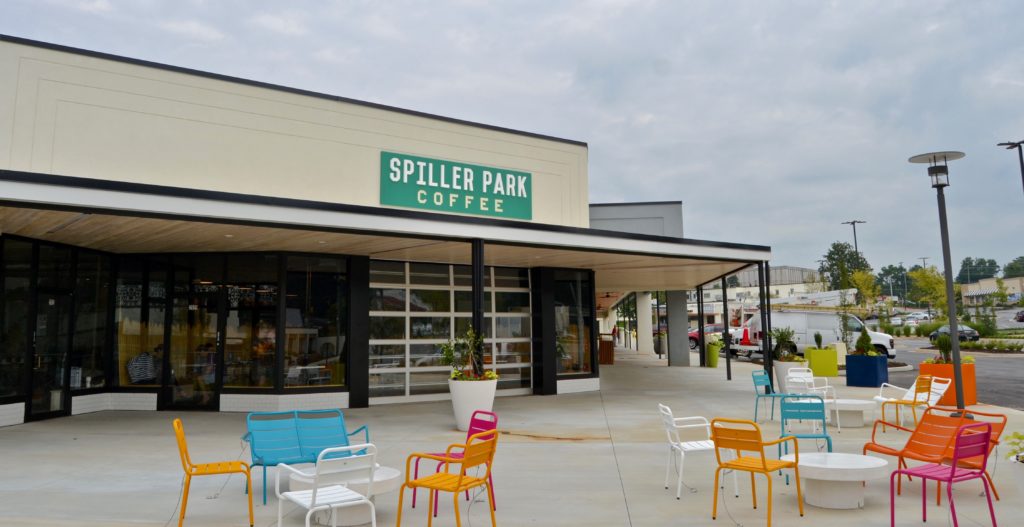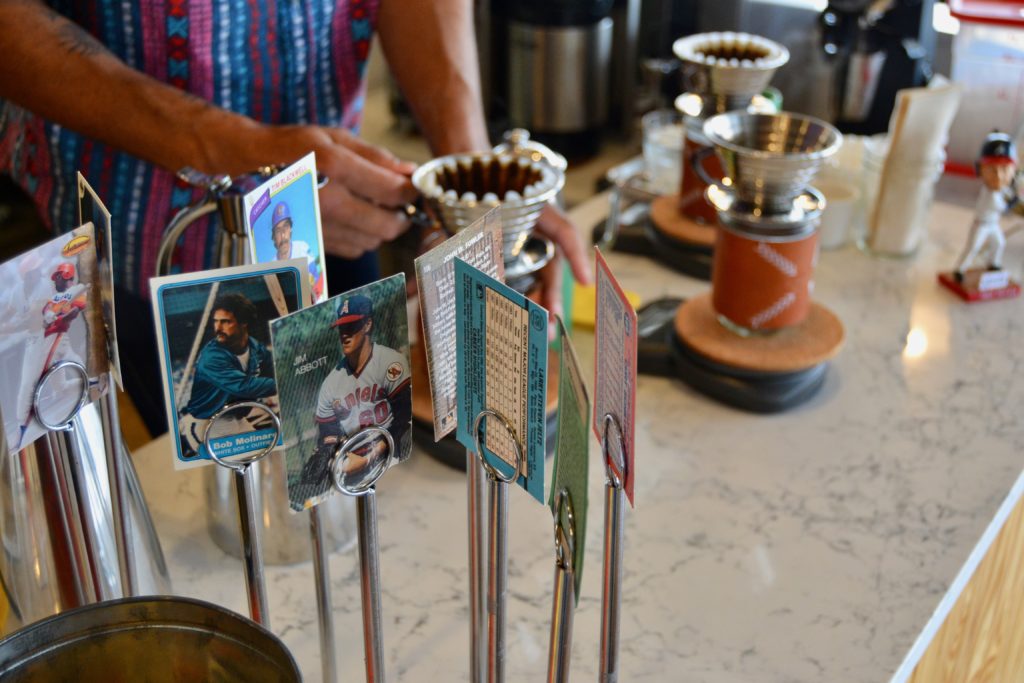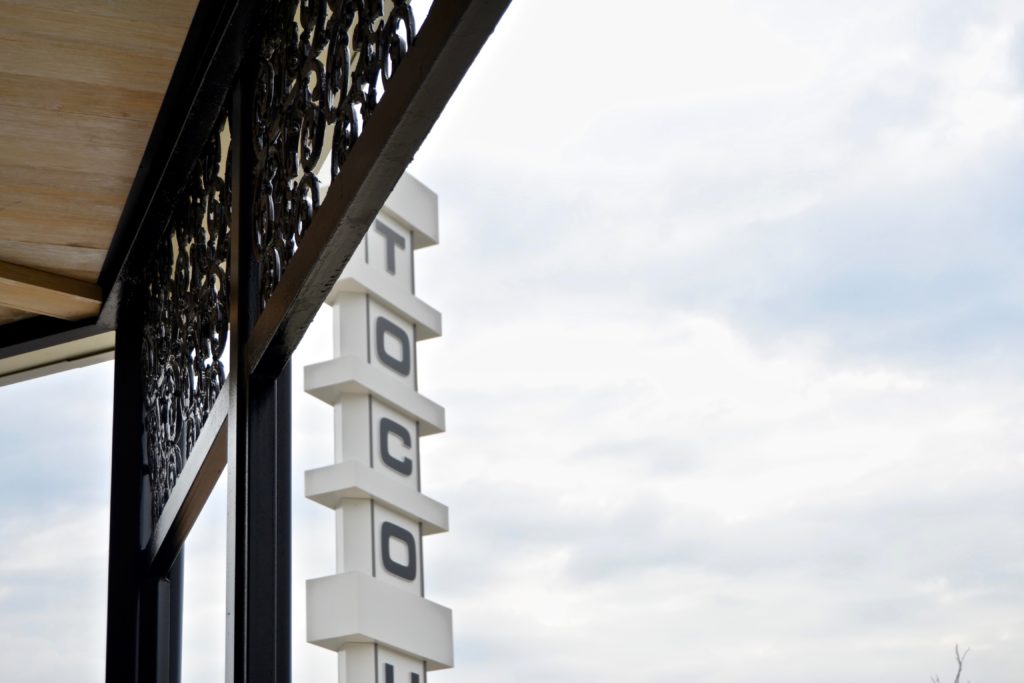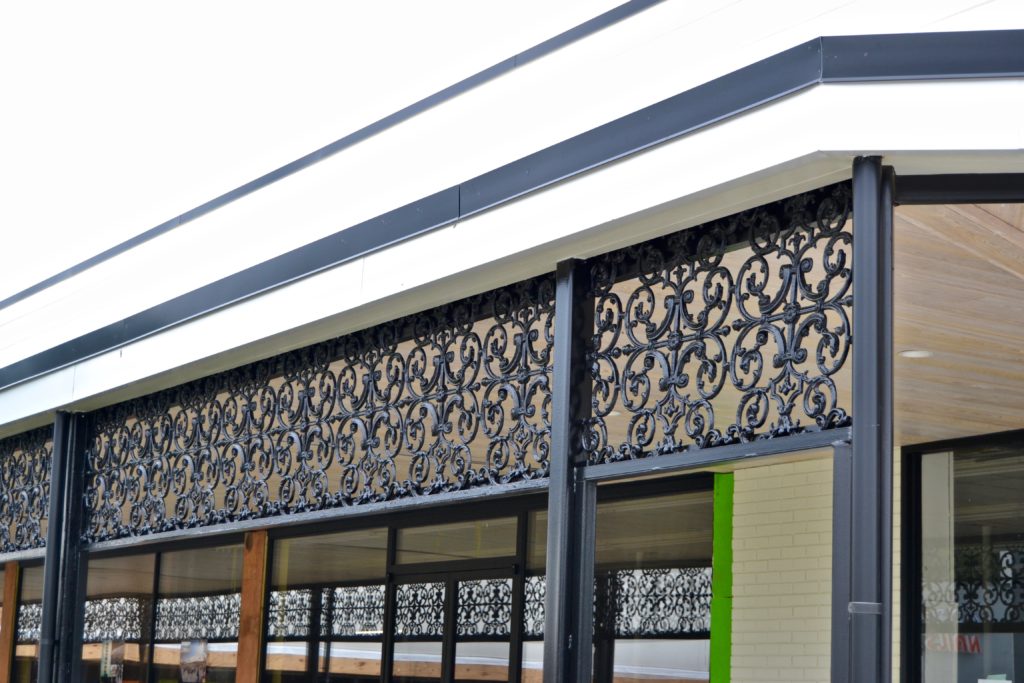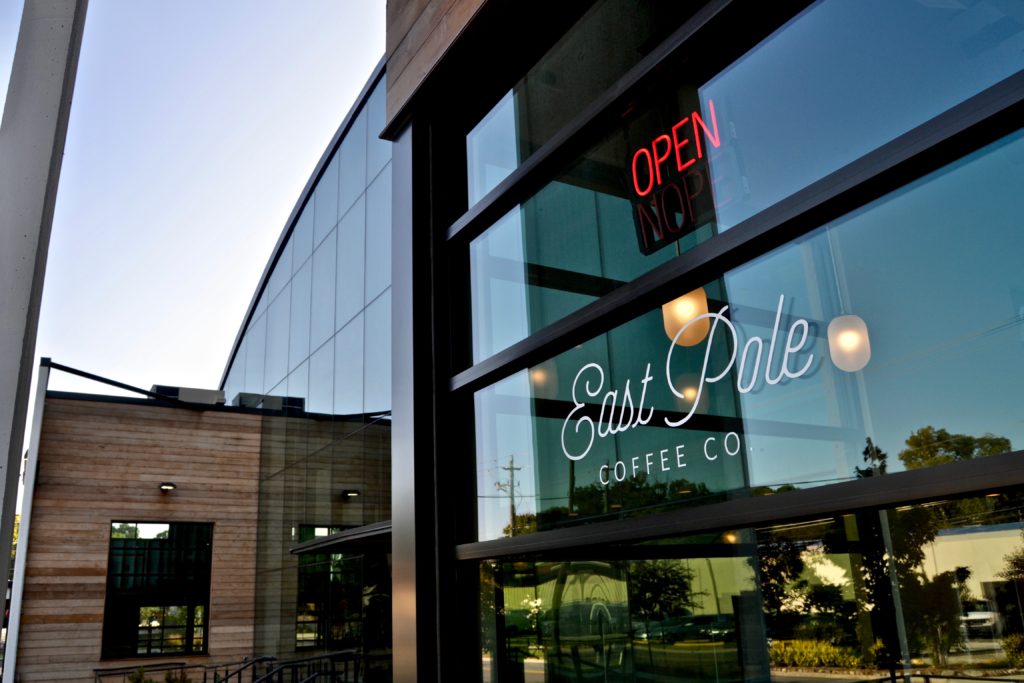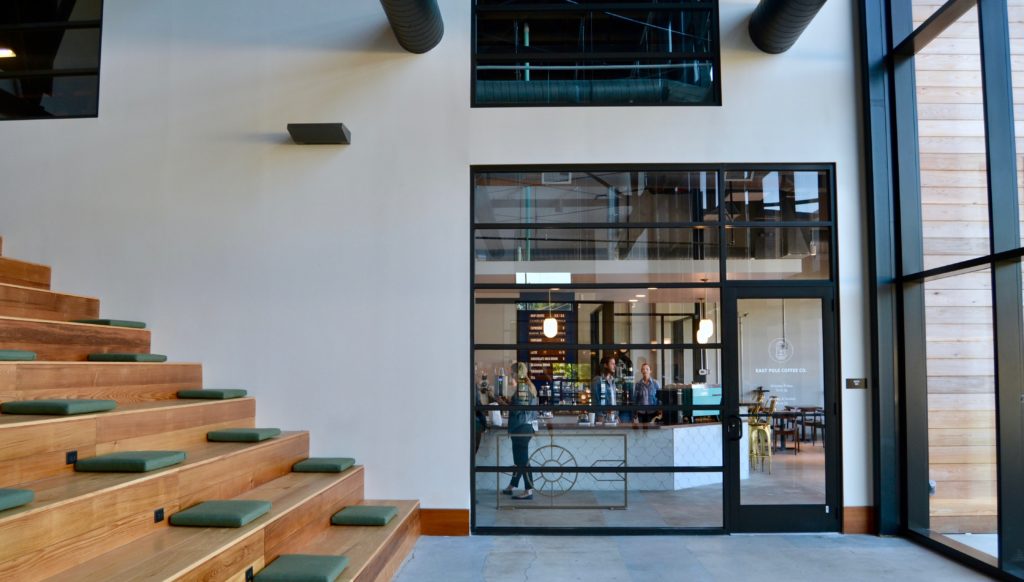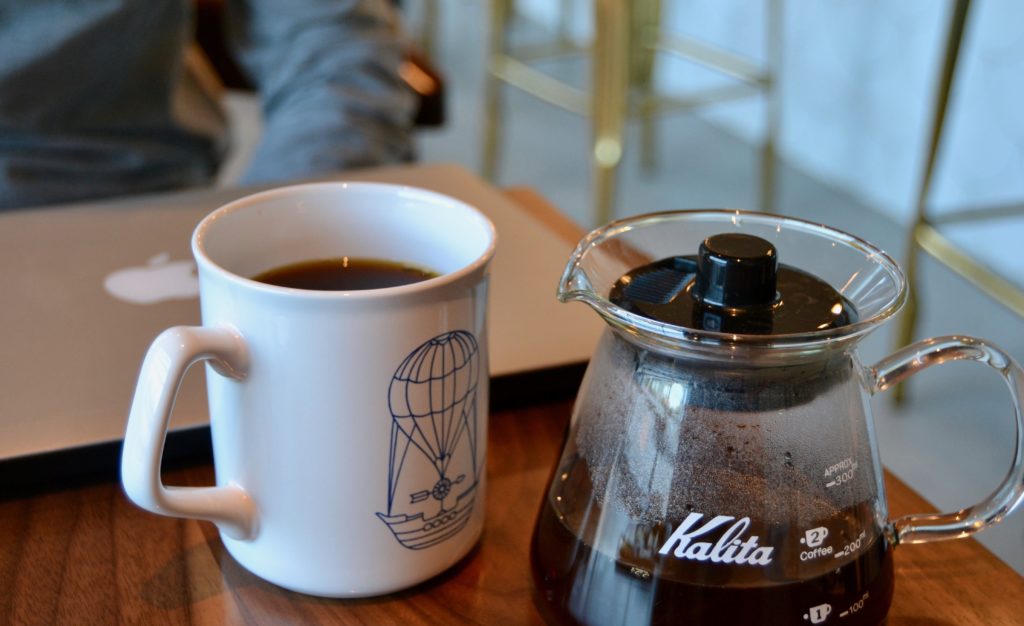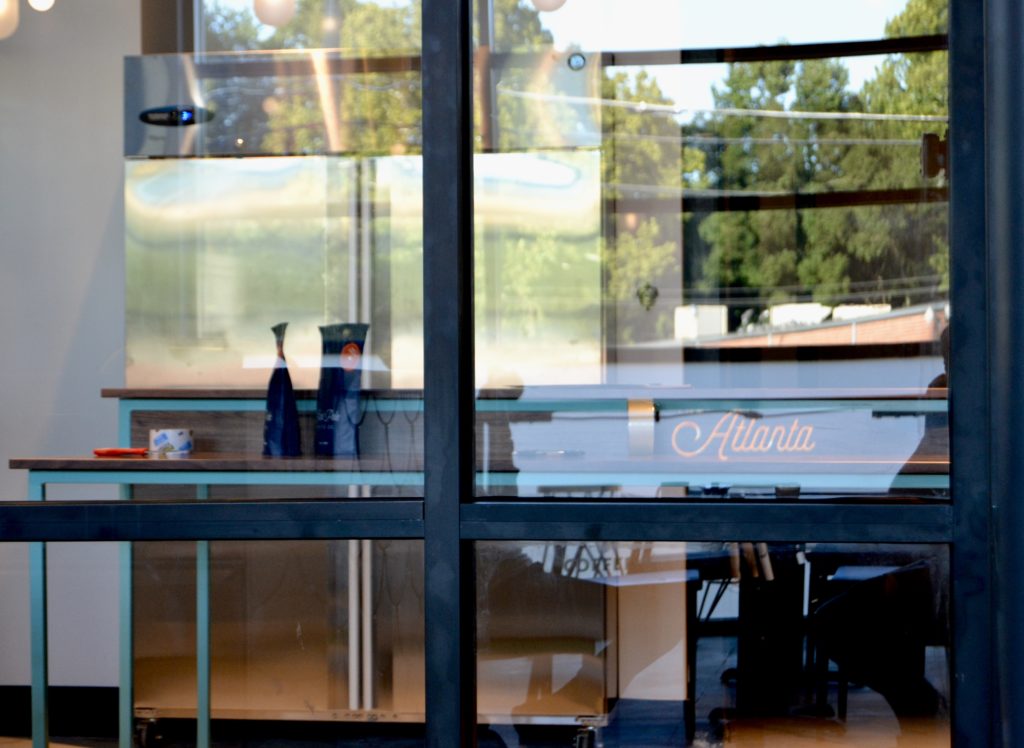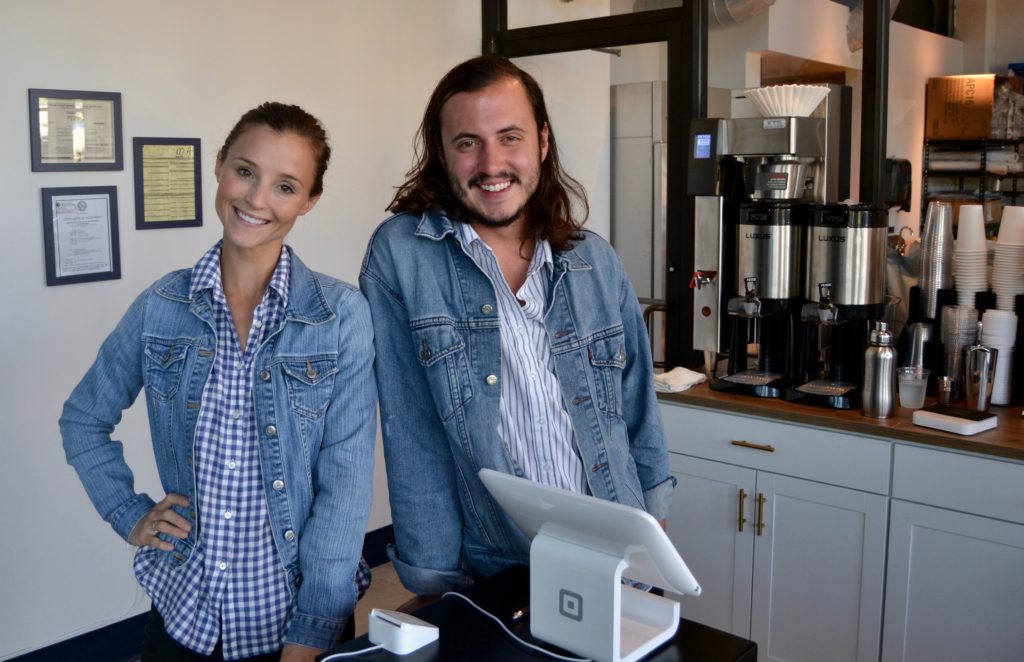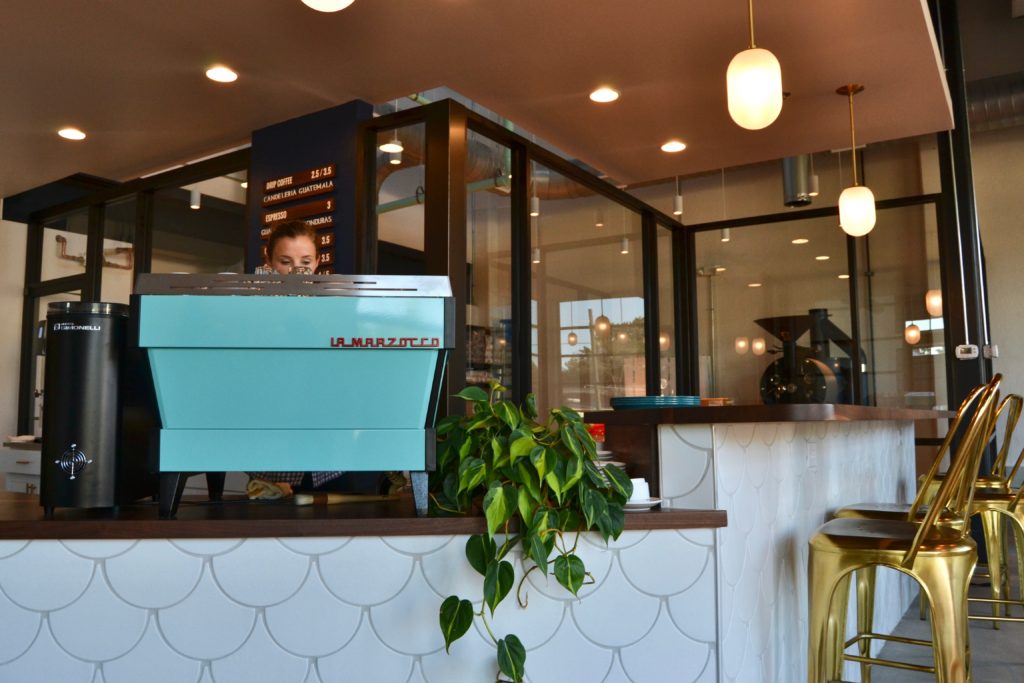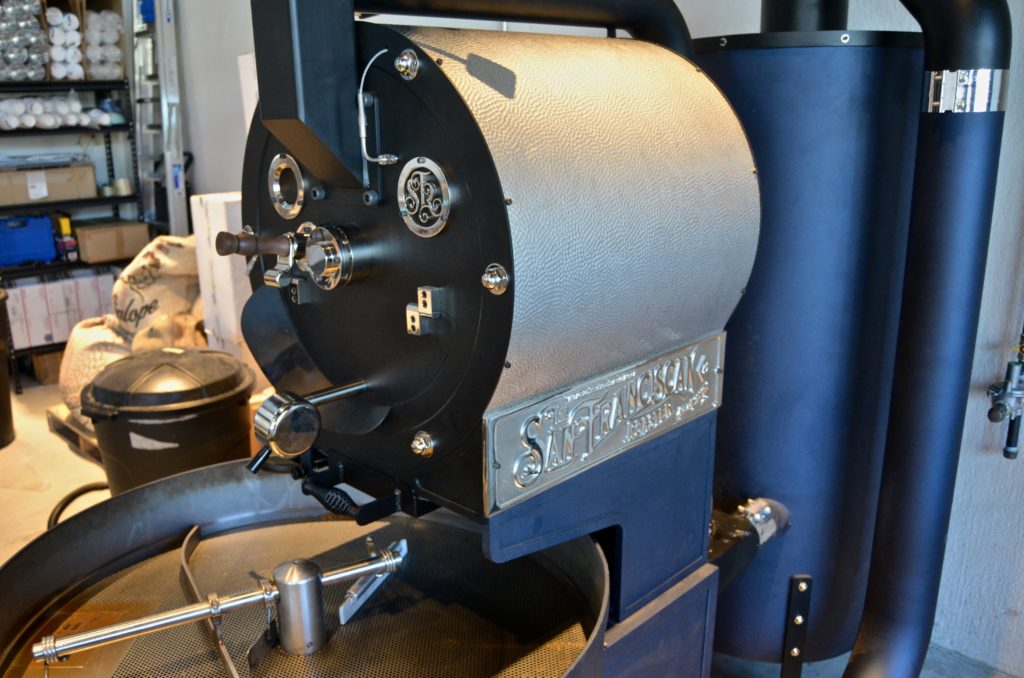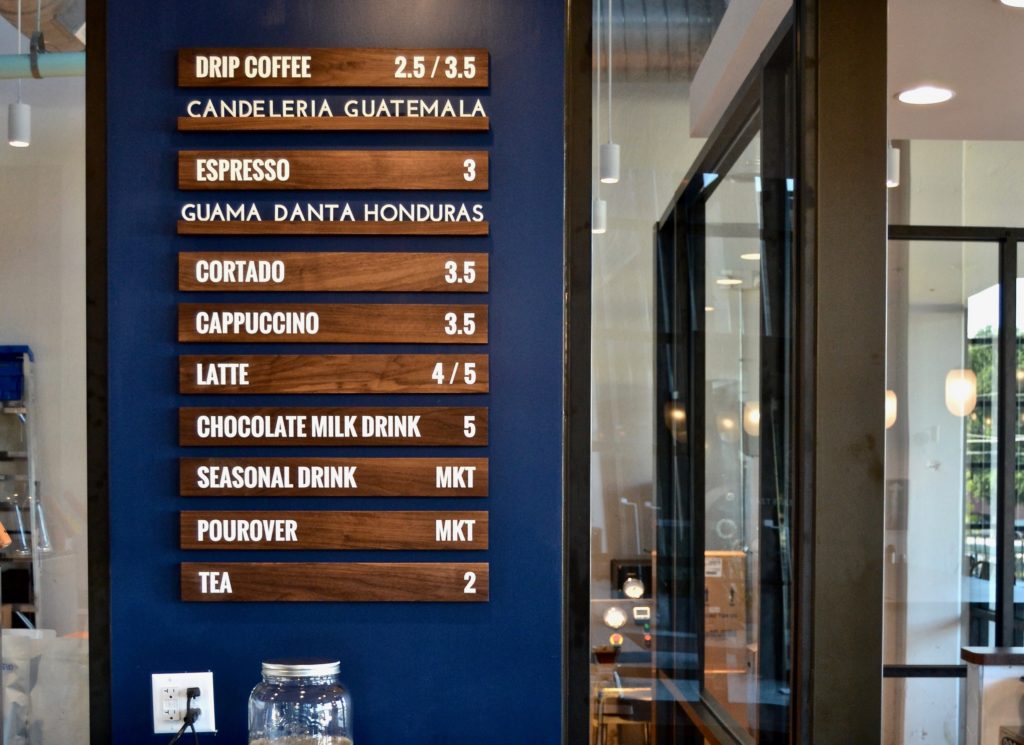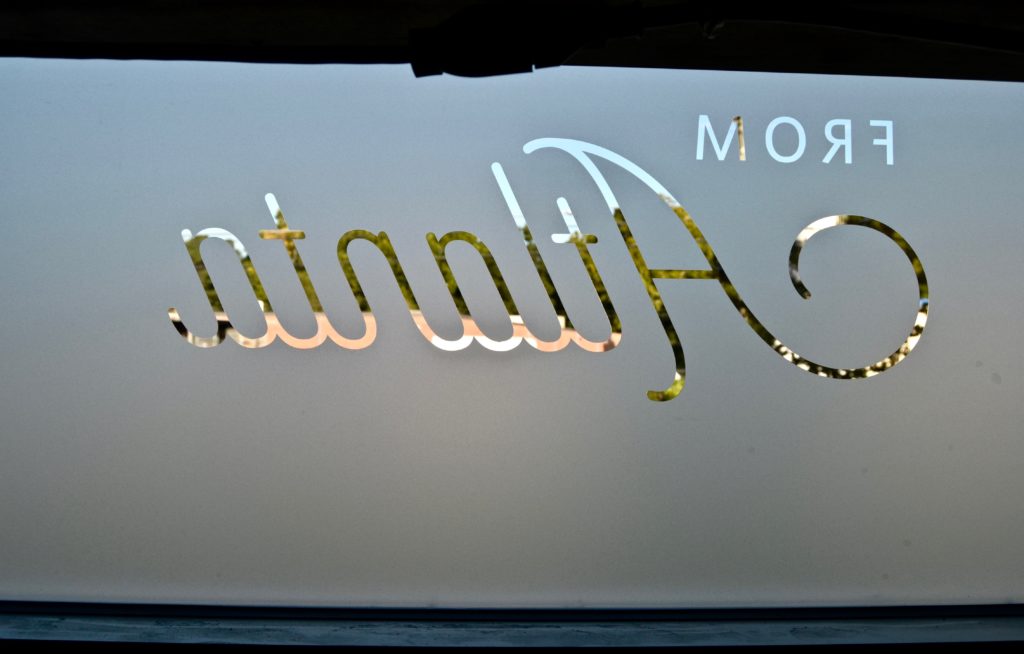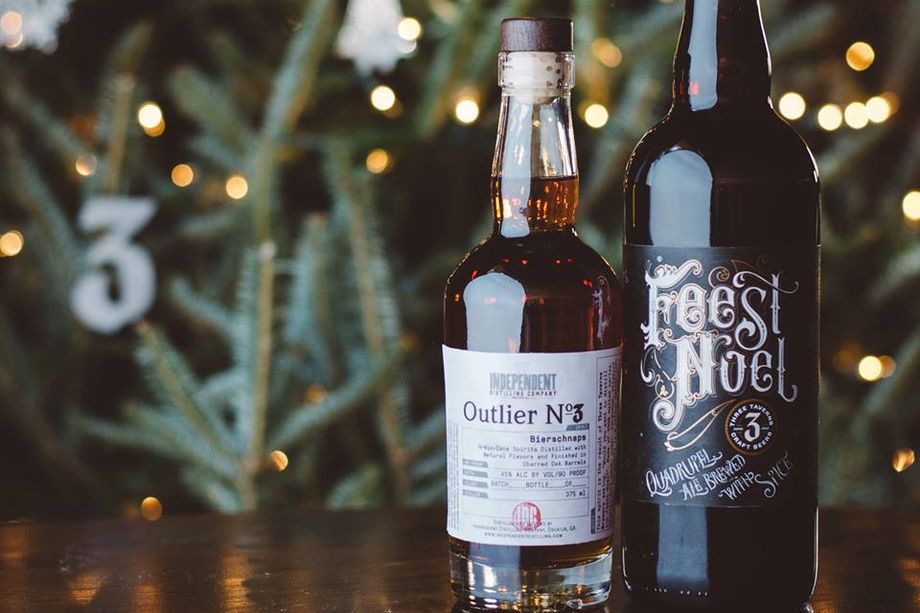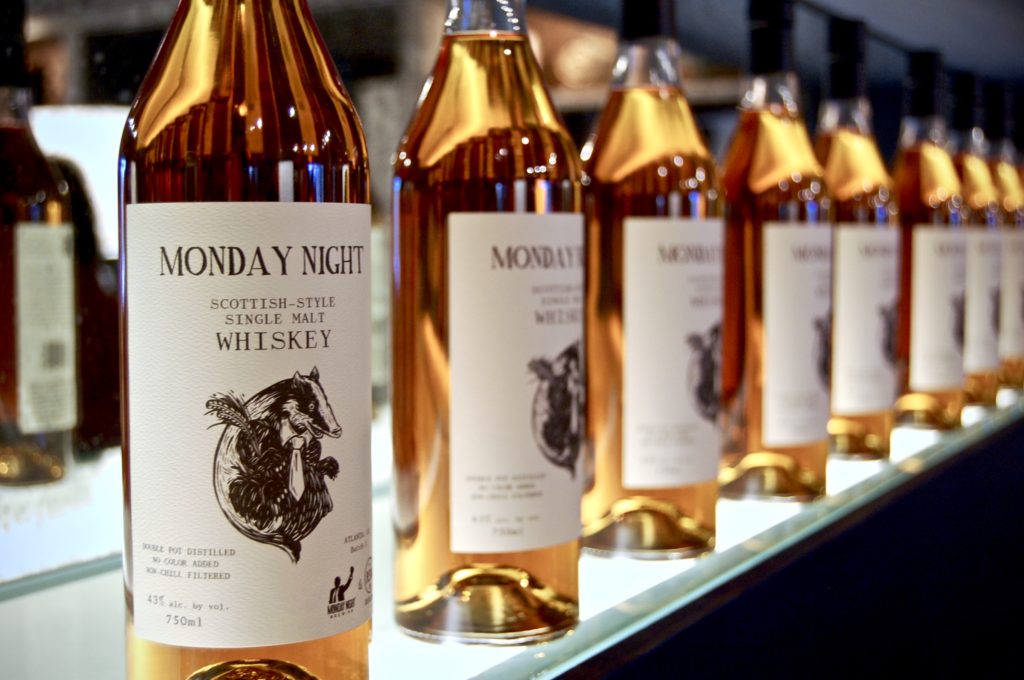
If you live in Atlanta and give a hoot about coffee, you’ve surely heard the news: Revelator has bought Octane. It’s a shock, but not a surprise. Octane was a pioneer in Atlanta’s coffee scene and has steadily grown over the past dozen years, expanding from the west side, to Grant Park, to Buckhead, to midtown, not to mention two shops in Birmingham. They have developed and nurtured a loyal community of fans despite an onslaught of competitors both big and small, most of whom arrived after Octane proved the market was ready for quality coffee. Which is why it’s easy to see that Octane is an attractive acquisition target. They’ve got a strong presence in the Southeast’s leading market, and admirable know-how in terms of operating both the retail and roasting sides of the coffee business. More importantly, Octane owns something that coffee companies dream of – a powerful brand. Revelator? Not so much.
If you’re scratching your head and wondering how Revelator managed to buy out Atlanta’s leading craft coffee purveyor, you’re not alone. But the simple fact is – Revelator has money, fueled by a California-based venture capital firm that seems bent on aggressive growth. Octane is owned primarily by Diane and Tony Riffel, the couple that started the company those many moons ago. And behemoths buying up craft coffee companies is not a new thing. The most prominent proponent of the approach is privately held JAB Holding Company – the money that has scooped up stakes in former indy darlings Peet’s, Intelligentsia, and Stumptown, along with Caribou, Krispy Kreme, and the Einstein/Noah’s bagel brands.
While I spend a good chunk of my time writing about food and drinks, my day job is actually brand strategy consulting. I’ve worked with dozens of Fortune 500 companies on acquisition and innovation strategies, customer experience mapping, value proposition development, you name it. When a company is looking at acquiring another, the resulting brand portfolio should be among the most important considerations. Unfortunately, more often than not, the question of brand optimization is an afterthought to financial and operational considerations. Sure, assets like real estate and equipment are critical, as are capabilities like operational know-how and expertise. But understanding the nature of brand-customer relationships is where great acquisitions are made… will the acquired brand bring something new and complementary to the portfolio? Which of the brands in the new portfolio offer the best opportunities for future growth? Or, how readily will the acquired brand’s loyal customers move from the existing brand to the acquiring brand if pushed to do so?
Go back to JAB Holdings, the big boy that bought up brands like Intelligentsia and Stumptown – brands that had built-in loyal fan bases. You’ll notice that JAB is now managing a portfolio of strong brands, and not trying to subsume acquired businesses under a single brand moniker. Intelligentsia and Stumptown are both known for high-quality sourcing and roasting, as well as for running effective retail shops – and while the argument could surely be made that continuing to invest in both brands is not the most efficient path to growth, both brands have equity that is worth building on. Killing one to favor the other would be a mistake, and JAB seems to know that.
When a company makes an acquisition, that move always serves a larger purpose. Maybe they’re trying to expand into a new geography or product area, maybe they need intellectual capital or technology to take advantage of an emerging market opportunity, or maybe they are simply tasked with growing the top line. The very first thing to understand when looking at an acquisition is that larger purpose: what is the company trying to achieve?
In Revelator’s case, all I have to go on to figure out the company’s goals are the public comments from president Josh Owen. I’ve seen three things that seem to be driving their decision to purchase Octane:
- They want to be “a hospitality company first and a coffee company second… and that experience comes in a lot of forms,” including food, alcohol, and evening hours
- They think acquiring local companies that have community connections is a stronger path to growth than entering markets from scratch
- They see an opportunity to grow significantly in wholesale channels (like supplying coffee to restaurants and other retail)
Octane is a homerun on points 1 and 2, and a solid at-bat on point 3. They’ve seamlessly blended beer and cocktails into their persona from day one, and they’ve established very strong relationships within Atlanta’s and Birmingham’s restaurant and food communities. Wholesale? Octane is there, and has shown success in the sourcing and roasting skills necessary to succeed, but nothing approaching the success of bigger players like Counter Culture or Batdorf & Bronson, who have become heavy hitters when it comes to the wholesale distribution side of the business. So, yes, the acquisition makes sense, but what about the question of branding? Isn’t point 2 above dependent on nurturing acquired brands rather than taking them out?
Owen has said that they intend to phase out the Octane brand within 12 to 18 months. Simply put, I have a hard time seeing that as the right choice. Has Revelator thoroughly considered the existing equities of their own brand relative to the Octane brand? Have they done so through the lens of the intended target markets – both geographic and psychographic/demographic – that they hope to win with? If they have and have simply concluded that phasing out Octane is the way to go, good for them. But, at least in the Atlanta market, that sounds like a path to failure. Here, Octane has equity; Revelator has apathy and even (among many coffee industry insiders and fanatics) enmity. And there are plenty of competitors who have good relationships with the local community that Octane customers can jump to – think Spiller Park, Dancing Goats, Brash, Chattahoochee… I could go on.
So, about Octane. For Revelator, my advice is this: think long and hard about which brand offers you the best chance for success – here in Atlanta, more broadly in the Southeast, and even on a national scale (if that’s what you’re after). Think about what you’re trying to build and the tools you now have at your disposal. Sure, there’s pride in the Revelator brand that you’ve begun to build over the past couple years, despite its ups and downs; but there’s a lot more than pride in the brand that Octane has built. There’s a community of loyal fans (myself included).
